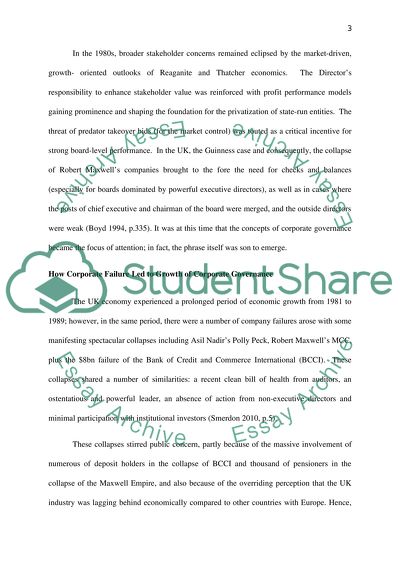Cite this document
(“DEVELOPMENT OF THE UK CODE OF CORPORATE GOVERNANCE Essay”, n.d.)
Retrieved from https://studentshare.org/finance-accounting/1459894-development-of-the-uk-code-of-corporate-governance
Retrieved from https://studentshare.org/finance-accounting/1459894-development-of-the-uk-code-of-corporate-governance
(DEVELOPMENT OF THE UK CODE OF CORPORATE GOVERNANCE Essay)
https://studentshare.org/finance-accounting/1459894-development-of-the-uk-code-of-corporate-governance.
https://studentshare.org/finance-accounting/1459894-development-of-the-uk-code-of-corporate-governance.
“DEVELOPMENT OF THE UK CODE OF CORPORATE GOVERNANCE Essay”, n.d. https://studentshare.org/finance-accounting/1459894-development-of-the-uk-code-of-corporate-governance.


